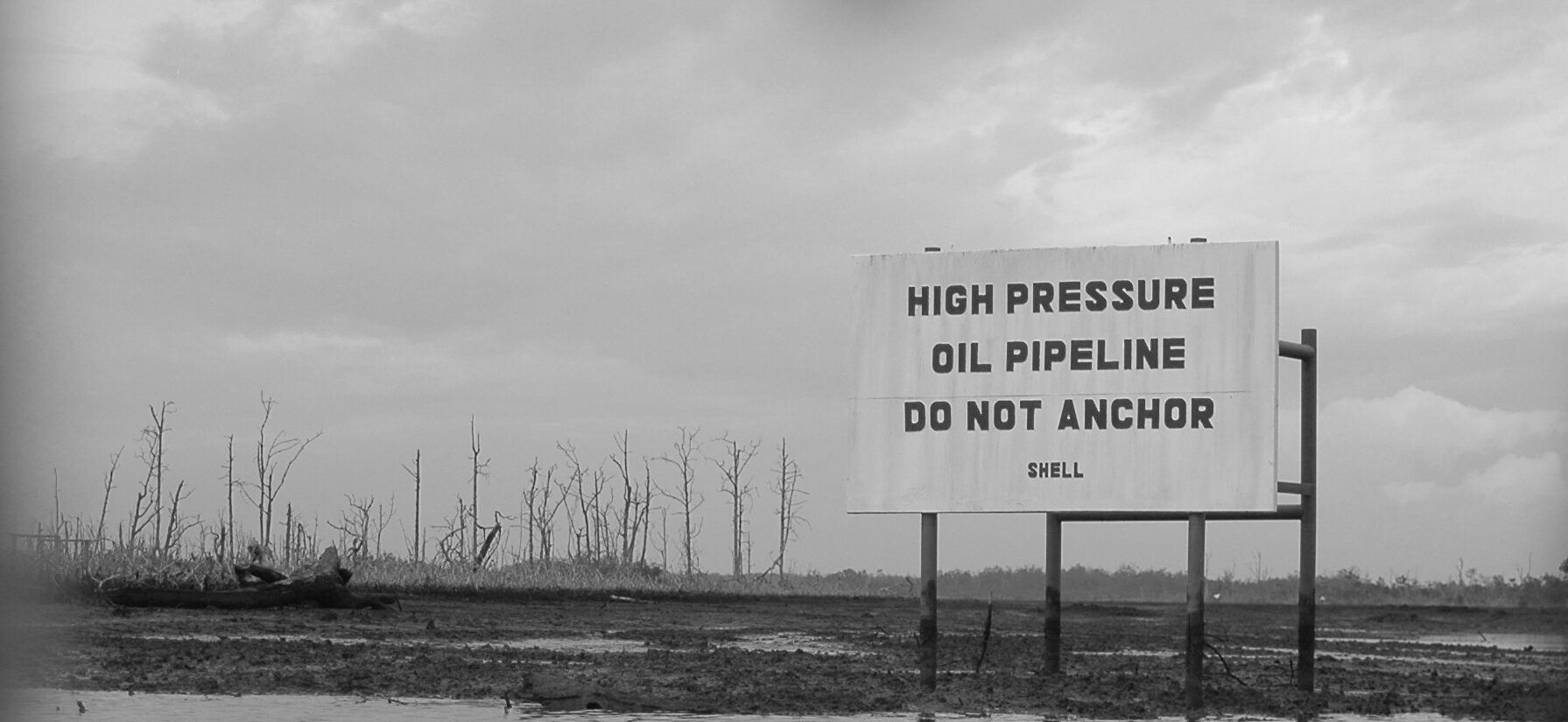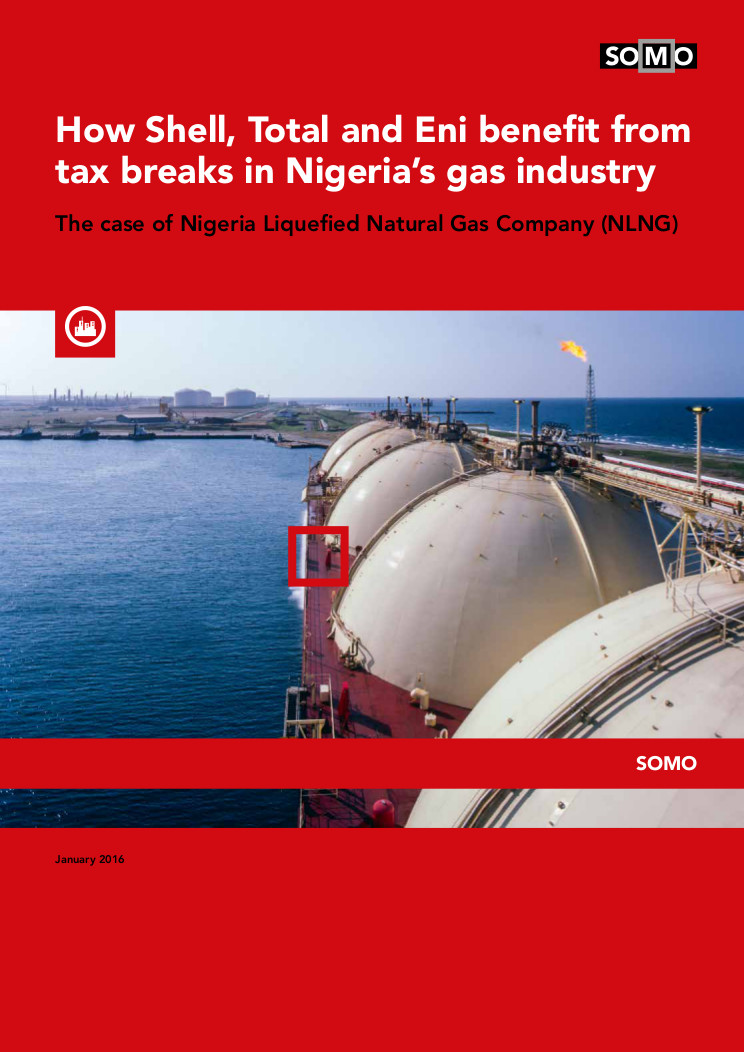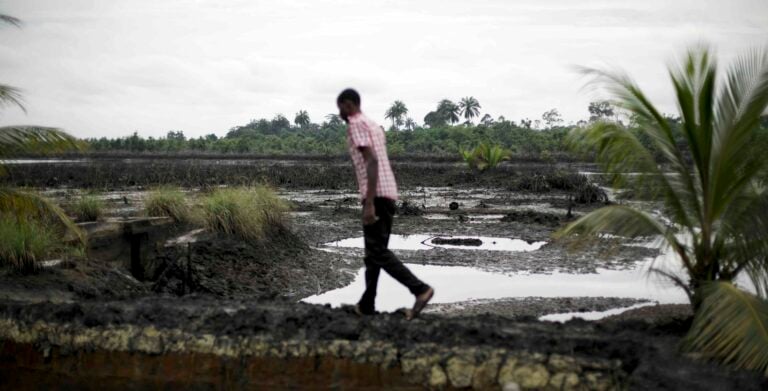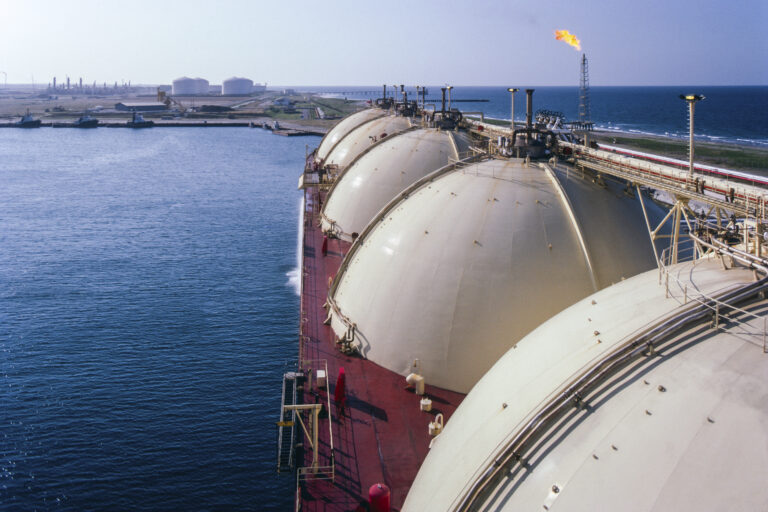
Shell Games: A UK court case has big ramifications for climate justice globally
Last week Court 76 in the Royal Courts of Justice in London held a full week of hearings on a crucial test case for communities facing potential inter-generational injustice and harm. Two communities from the Niger Delta are seeking compensation from oil giant Shell over the impacts of oil spills and pollution.
This is not the first time Nigerian communities have pursued the oil major to the UK courts, but this case is different; it is taking place against the backdrop of a chaotic energy transition that, amongst other things, is seeing international oil companies sell off uneconomical oil assets, leaving behind years – even decades – of pollution.
Shell’s legacy of pollution in Nigeria
The Niger Delta, probably more than anywhere in the world, illustrates the potential for grave injustice in the energy transition. Shell began its oil operations there under British colonial rule as Shell D’Arcy in the 1930s. The company has made billions in profit from extracting Nigeria’s oil since its first discovery at Oloibiri in the 1950s. The Niger Delta, meanwhile, was turned into one of the most oil-polluted regions in the world, with grave long-term impacts on nature and people’s health. Now Shell is exiting from its onshore oil fields, and the oil-impacted communities – many hundreds of them – fear that the decades of pollution will never be cleaned up.
Communities on the frontline
The Billie and Ogale communities are now on the frontline of this critical battle(opens in new window) . The people of Billie are seeking compensation for spills from Shell oil infrastructure that occurred between 2011 and 2013. These spills damaged the mangroves and devastated fishing, on which many depend for food and livelihood. Shell sold the oil assets around Billie to a local company, Aiteo, in 2015.
The Ogale community has suffered dozens of oil spills from Shell’s infrastructure since 1989. In 2011, the United Nations Environment Programme(opens in new window) reported serious levels of oil contamination in the community’s water. The people of Ogale have lived with chronic pollution for most of their lives.
Earlier this month, researchers working with SOMO visited the Niger Delta and spoke to people from both Billie and Ogale. They described their serious concerns that Shell will be able to walk away from them without cleaning up the pollution they have had to endure for so long. They gave harrowing descriptions of how their daily lives are marked by oil pollution, damaged livelihoods, and deep uncertainty about the future. The UK legal action is their last hope for achieving justice and restoring the environment. For most Niger Delta communities, accessing the Nigerian legal system is all but impossible due to distance (only federal courts can hear oil-related claims), costs, huge delays (with some cases taking decades) and lack of lawyers willing to represent them.
UK legal battle: delays, denials and deflections
Billie and Ogale began their UK legal action in 2015 with their lawyers, Leigh Day(opens in new window) , and the oil giant has fought every inch of the way to avoid responsibility. Shell first contested whether the parent company (Royal Dutch Shell, since renamed Shell when the company moved its headquarters to the UK) could be held legally responsible for the oil spills in Nigeria. Shell argued that, as a parent company, it has no legal duty to people in Nigeria. In February 2021, after battling through several legal procedures, the UK Supreme Court rejected(opens in new window) Shell’s view. This was a critical victory in the wider fight to hold parent companies liable for the harms of subsidiaries(opens in new window) .
For the plaintiffs, the case drags on, however. Shell has argued that it cannot be pursued legally over spills that are more than five years old. This contention ignores Shell’s opaque system for dealing with oil spills and compensation in Nigeria. Communities (or some individuals) can be engaged in years of, frequently unsuccessful, dialogue with Shell’s subsidiary Shell Petroleum Development Company (SPDC), to secure a proper remedy for spills. With the Nigerian courts all but inaccessible for oil claims, any issue of time limitations, particularly when the pollution is ongoing, is manifestly unjust.
Corporate control of information
Shell is also, as it has for years, claiming that most of the oil pollution is caused by third parties. In doing so, the company is able to exploit massive information asymmetries to frustrate the plaintiff’s case. Amnesty International(opens in new window) and others have documented how Shell’s control of information means a lack of credible, public data regarding the cause, volume and impact of oil spills; the system for investigating spills is often heavily influenced by the oil company itself in a staggering conflict of interest.
Regulatory capture is also a serious concern, as shown starkly in the Bodo case, also brought to the English courts in 2012. For years, Shell maintained that two oil spills at Bodo, another community in the Niger Delta, led to some 4,000 barrels of oil spilt, and the company sought to link compensation and clean-up to this relatively small spill size. Although lawyers and activists presented evidence that the volume was far greater(opens in new window) , Shell maintained its position until legal proceedings forced the company to admit the volume spilt was, in fact, higher. Shell settled the Bodo spills for an unprecedented US£55 million.
Shell has a right to a defence, and those who make claims must prove their case. But the vast inequality of information and power must be remedied by the disclosure of data by Shell. Justice cannot be served if there is no consideration of deep and historical inequalities.
Last hope of justice
Sitting in the calm and orderly courtroom, listening to lengthy arguments over often technical issues, it is hard to recognise that this case has huge consequences and will be followed closely by those fighting for a just energy transition. If Shell’s arguments and tactics succeed, it will mean that Niger Delta communities, and potentially others around the world, will be robbed of almost all opportunities for legal remedy for legacy pollution. In Nigeria, hundreds of thousands of people will see Shell seal off the last hope of justice as it leaves their land.
SOMO, along with many allies in civil society, pushes for a fast and just transition. An energy transition that happens for some, is paid for by others, and that allows multinationals to walk away from years or decades of pollution is not acceptable. Justice and speed are not mutually exclusive. If international oil companies can walk away from the Niger Delta without paying for the harm done, there is no just transition: only history repeating.
Note: Shell is divesting its onshore oil fields in the Niger Delta– not closing them down but selling them as producing assets. Such divestment has no positive climate benefits because the oil is still being extracted and as Environmental Defense Fund(opens in new window) research found, greenhouse gas emissions can actually increase when oil majors sell out to other companies that have even less incentive to reduce emissions.
Related news
-
 Mark van DorpPosted in category:Publication
Mark van DorpPosted in category:Publication Mark van Dorp
Mark van Dorp
-
 60 years of Dutch investment treaties is no cause for celebrationPosted in category:News
60 years of Dutch investment treaties is no cause for celebrationPosted in category:News Bart-Jaap VerbeekPublished on:
Bart-Jaap VerbeekPublished on: -
 ActionAid and SOMO reveal billion dollar tax break benefiting Shell, Total and EniPosted in category:NewsPublished on:
ActionAid and SOMO reveal billion dollar tax break benefiting Shell, Total and EniPosted in category:NewsPublished on:


